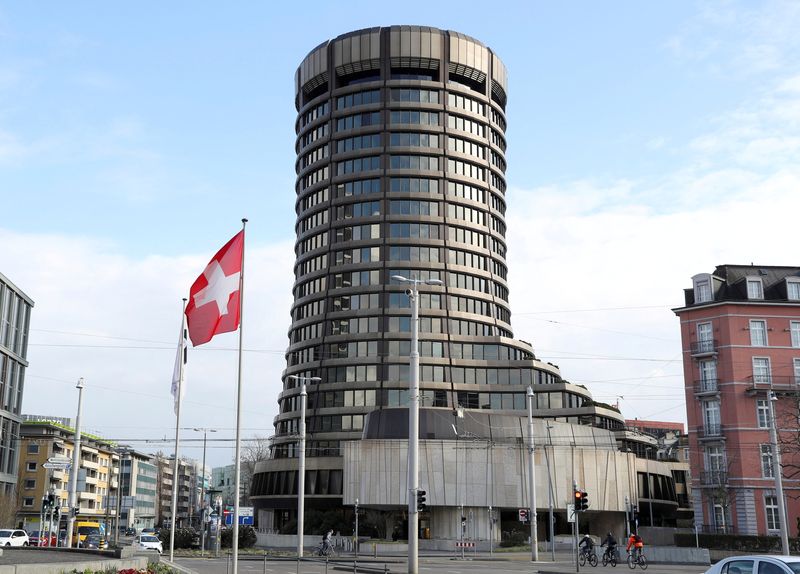The Bank for International Settlements (BIS) has raised alarms over the apparent disconnect between soaring global share prices and the escalating concerns regarding government debt levels, as indicated in the bond markets. As the primary organization representing central banks worldwide, the BIS noted a significant increase in the premium demanded by investors for purchasing the 30-year bonds of major economies this year, pointing to “mounting concerns about the fiscal outlook.”
The warning comes in the wake of significant credit rating downgrades. Moody’s recently became the last of the major credit agencies to strip the United States of its coveted triple-A credit rating. Additionally, Fitch downgraded France to its lowest-ever rating, citing worries about its fiscal health.
Hyun Song Shin, the head of the BIS’ Monetary and Economic Department, emphasized the need for vigilance regarding potential accelerating factors that could magnify market stress. He cautioned that the elevated valuations of riskier assets make them particularly susceptible to sudden downturns. Shin also noted a concerning trend—government bond issuance is being predominantly absorbed by high-leverage investors, such as hedge funds. He warned that market disruptions could occur “well before” government debt levels cross established thresholds of sustainability.
Despite the potential havoc caused by trade tariffs, their impact on the U.S. economy has been less severe than expected. There appears to be no significant evidence suggesting a mass exodus of global investors from U.S. assets. Although some foreign investors divested substantial amounts of U.S. bonds and stocks in April, the BIS reported that the majority of these trends reversed in May and June. The report indicated that the substantial holdings of U.S. assets by global entities, alongside the deliberate and gradual nature of strategic asset reallocations, suggest that any major shifts away from U.S. investments would be slow.
The BIS also released initial findings from a comprehensive global survey of public inflation expectations. This survey, which covers 13 advanced and 18 emerging-market economies, revealed that the post-COVID surge in global prices has led to a significant rise in household inflation expectations, particularly in nations that experienced the most substantial price increases. The BIS expressed concern about the potential long-term effects of these transitory inflation spikes, noting that households typically do not attribute blame for inflationary pressures to central banks and support their independence from governmental influence.
In terms of the current economic landscape, Shin pointed to a cooling trend in the U.S. labor market, suggesting that ongoing developments necessitate close monitoring. He noted that stock market valuations are nearing levels reminiscent of the dot.com bubble, with corporate bond spreads remaining unusually tight. The BIS highlighted anomalies in the dollar’s performance, suggesting its recent uptick in July was correlated with a robust equity market, a relationship that typically does not align under normal circumstances. Shin cautioned against the potential for the unwinding of exceptionally favorable financial conditions, indicating that stakeholders should remain alert.







